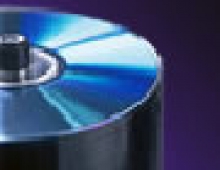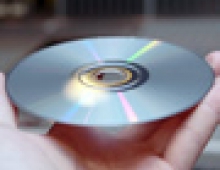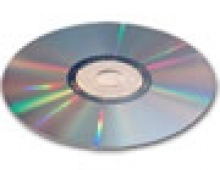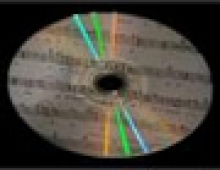
Union Chemical Labs develops advanced optical-disk material
"...Union Chemical Laboratories debuted its new technology for making metallocene-based cyclic olefin-copolymer (MCOC) plastic material for optical disks. The lab's new technology is of concern to Formosa Plastic Group (FPG) and Chi Mei Group, which have invested in large facilities to produce polycarbonate (PC) plastic material for use in the disks. Both companies are reportedly eager to license the technology from the chemical lab. The MCOC plastic has proven highly suitable for making optical-storage disks, due to its larger storage capacity and better crystal transparency. Most importantly, MCOC plastic is less expensive than PC plastic to produce.
Ritek and CMC Magnetics are reported to be eager to acquire the technology for their high-performance DVDs. UCL's specialists expect MCOC plastic to be next-generation substrate for making advanced types of optical disks such as DVDs. They note that PC remains the mainstream material for making CD, recordable CD (CD-R), and rewritable CD (CD-RW). The specialists emphasize that MCOC material is especially suitable for making high-density DVDs with memory capacities of at least 15GB, because MCOC plastic does not absorb the blue laser rays emitted from the pick-up head of a DVD player..." NULL
Ritek and CMC Magnetics are reported to be eager to acquire the technology for their high-performance DVDs. UCL's specialists expect MCOC plastic to be next-generation substrate for making advanced types of optical disks such as DVDs. They note that PC remains the mainstream material for making CD, recordable CD (CD-R), and rewritable CD (CD-RW). The specialists emphasize that MCOC material is especially suitable for making high-density DVDs with memory capacities of at least 15GB, because MCOC plastic does not absorb the blue laser rays emitted from the pick-up head of a DVD player..." NULL




















